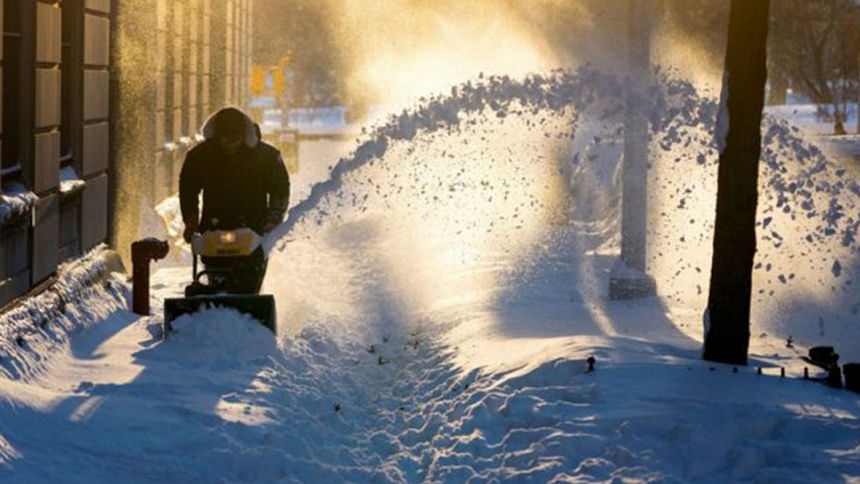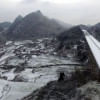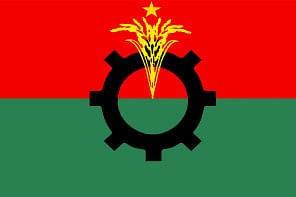US faces blizzard-hit working week

Millions of people across the eastern US are clearing up after the weekend's massive snowstorm that virtually paralysed the region.
They have been digging out their cars and clearing pathways of snow which reached 3ft (91cm) in five states.
Public transport remains disrupted as the working week is set to begin. Many flights have been cancelled.
Government buildings in Washington and many schools will be closed on Monday.
At least 29 deaths have been reported since Friday, when the blizzard began, as a result of car accidents, carbon monoxide poisoning and heart attacks suffered while shovelling snow.
The storm, dubbed "Snowmageddon" and "Snowzilla", has now weakened and headed out into the Atlantic Ocean.
It affected some 85 million people, at one point cutting the power to 300,000 people. The heaviest fall was recorded in Glengary, West Virginia, which had 42in.
In New York City - which saw its second-highest snowfall since records began in 1869 - a travel ban that effectively shut the city down now been lifted.
However, officials are urging residents to stay off the roads while they are cleared by snow ploughs.
New York's Metropolitan Transportation Authority has said that almost all public transport services will be running in time for the morning rush hour, including nearly 80% of the overground Long Island Rail Road.
New York City Mayor Bill de Blasio urged people to leave their cars covered with snow all week, but he tweeted that the city was now "bouncing back".
In Washington DC, an "extremely limited" metro, rail and bus service is due to run and residents have been warned to expect delays. Officials said fares would not be charged.
Federal government offices and public schools in the US capital will remain shut throughout the day, and there will be no classes in the suburbs on Tuesday as well.
The Pennsylvania Turnpike reopened on Sunday afternoon, after hundreds of vehicles got stuck on the key motorway that runs across the state.
Hundreds of Monday flights have been cancelled, although a number of airports in the area are now operating.
Nearly 12,000 flights had to be postponed over the weekend.
By the time the snow had stopped falling after two days, late on Saturday, New York's Central Park had received 26.8in, the second-biggest fall recorded since 1869.
The total was just 0.1in (0.25cm) shy of the all-time high, 26.9in, recorded in February 2006.
However, the 26.6in that fell in the park on Saturday alone was a one-day record for the city.
States of emergency were declared in 11 states and in the District of Columbia.
In Kentucky, Pennsylvania and West Virginia, drivers were stranded for hours on snowbound highways.

 For all latest news, follow The Daily Star's Google News channel.
For all latest news, follow The Daily Star's Google News channel. 







Comments